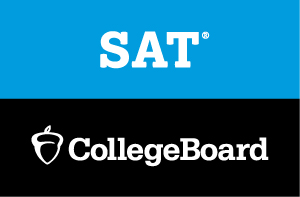
In the wake of the COVID-19 pandemic and the subsequent social distancing measures, the College Board has announced a set of contingency plans to allow students to take the SAT test in time to submit the test as part of their college applications. If schools have reopened by this fall, the organization says, it will offer the SAT every month beginning in August and ending in December of 2020, as well as make-up tests for any exams students were unable to take in the spring. In the worst-case scenario, that stay-at-home orders persist into the fall, the College Board has announced it will offer the SAT online.
Almost immediately following the announcements, colleges, teachers and reporters raised a litany of concerns about taking the test at home. Cheating is one of the chief concerns, as students could look up answers or ask their parents for help during the test. And the anti-cheating and proctoring software has also raised serious concerns. The National Center for Fair and Open Testing has argued the technology is undermining the privacy of students.
Experts are also worried that an online test will exacerbate inequality among test-takers. Students without computers may be at a disadvantage because they have to take the test on cell phones instead, and those who live in crowded homes may have trouble finding a quiet place to complete the three hour test. Some students may not even be able to take the test at all, given poor internet connection, lack of access to a device or no internet at all.
Given the issues with the exam, many colleges are opting to go test-optional instead, so as not to put students who were unable to take the exam at a disadvantage. Over 50 schools have switched to test-optional policies, including some of the nation’s best. The University of California system, which serves over 200,000 students, has made standardized tests optional for 2021 applicants, as have Amherst College, Boston University and Williams College among others.
The colleges join several schools that had already become test-optional, including the University of Chicago and Wake Forest University. With a growing anti-standardized test movement developing even before the pandemic, and some schools maintaining their test-optional policies for the next several years, some experts say COVID-19 will just speed up a process that was already in motion.






